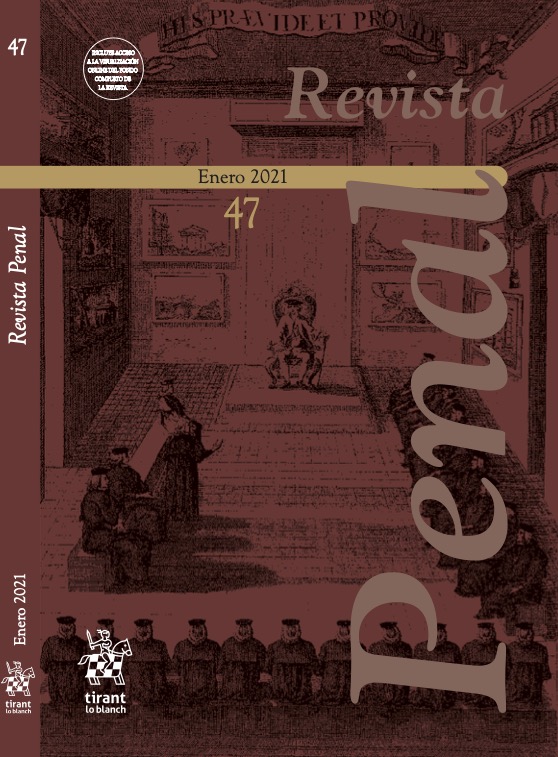Some manifestations of the criminal policy of exclusion. Criminal law “of the friend”: public corruption (white collar crime)
DOI:
https://doi.org/10.36151/Keywords:
impunity in corruption, persecution of corruption, aporophobiaAbstract
When addressing porophobia from the criminal law, we can observe it from two perspectives: the criminalization of the poor (people with little or no economic resources), punishing behaviors such as peaceful occupation, theft, subsidiary criminal responsibility, drug dealing, protest, and social movements; and, on the other hand, benefiting so-called “white-collar crime”, that is, crime carried out by certain people with a privileged economic position and/or
who hold certain positions. Because of such benevolent treatment under criminal law, we reserve the term “friendly
criminal law” for the latter cases, which include cases of corruption, thus demonstrating the tolerance that has existed and continues to exist with respect to this type of criminal. The purpose of this paper, however, is not to analyze
the different types of criminal law that can be applied to this criminal law of the friend or to corruption, but rather to
demonstrate the lack of criminal prosecution of this type of crime that has been established in our country for decades and the change in mentality and attitude on the part of society and the judiciary in prosecuting it in recent years.



